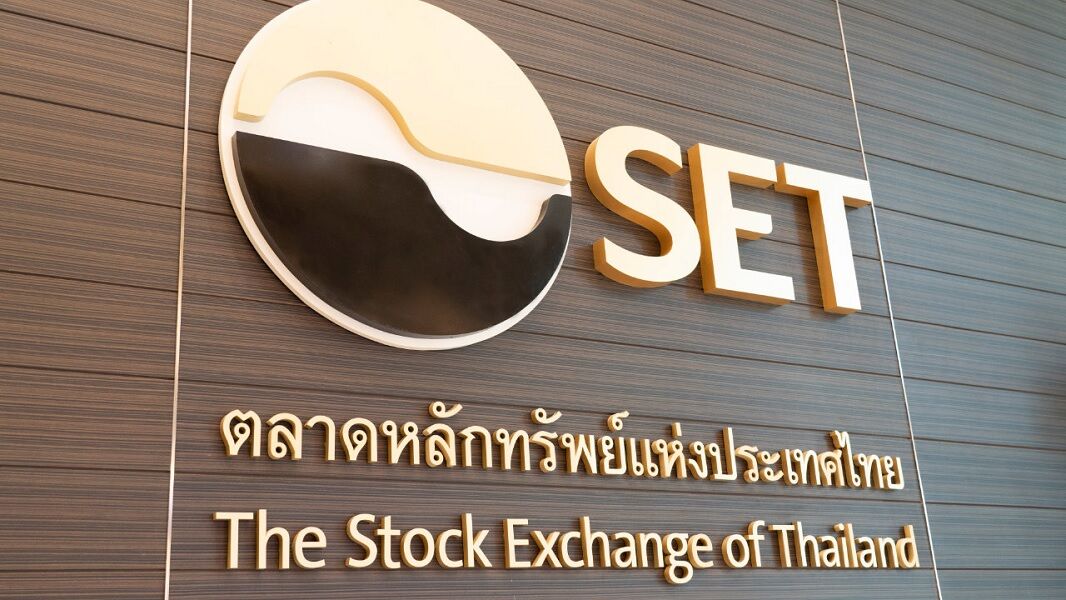SET index may drop below 1,300 due to digital wallet handout

The Stock Exchange of Thailand (SET) index could potentially plummet below the 1,300-point mark this year, warns the CEO of One Asset Management (ONEAM), Pote Harinasuta. This alarming projection is associated with the government’s proposed digital wallet handout which could result in Thailand’s credit rating being downgraded and a subsequent hike in corporate borrowing costs.
Key factors that could influence investments this year, according to Pote, include the anticipated US interest rate cut, which could stimulate capital inflows to the SET. We anticipate Thai interest rates being cut once or more in the second half of 2024 if the US significantly lowers its rates, he stated.
In addition, geopolitical risks are also a significant concern that require monitoring. The ongoing conflicts in Russia-Ukraine and Israel-Hamas, as well as the persistent tensions between the US and China, present potential challenges. Pote expressed hopes that these geopolitical tensions will not escalate further.
The Thai economy’s projected growth for this year is a modest 1-3%, triggering expectations in the private sector for additional stimulus, particularly increased budget disbursement to boost government spending.
In the past six years, Thai shares worth 600 billion baht have been sold by foreign investors, culminating in total capital outflows of 900 billion baht over the last decade, with foreign capital continuing to leave the country this year.
The proposed 10,000-baht digital handout is another significant cause for concern. Pote warns that implementing this policy could lead to a significant surge in Thailand’s public debt, with potential downgrading of the country’s credit rating.
Digital wallet scheme
According to Pote, this digital wallet scheme does not provide a sustainable solution for the country’s long-term economic growth as the government would need to borrow money from state-owned or foreign banks to fund the project.
A downgrade in the country’s credit rating would result in bond issuers facing higher costs, subsequently lowering their profit and inevitably exerting downward pressure on the stock market, Pote explained. He further warned that in the worst-case scenario, the next support levels for the SET index could be 1,258 points and 1,131 points.
However, Pote suggested that the bond default outlook is not a grave concern as the default rate in the overall bond market was less than 1% last year, predominantly involving high-yield bonds. Funds are primarily invested in investment-grade bonds with credit ratings of at least A.
Despite interest rates reaching a peak, Pote recommends an investment portfolio comprising 50% equities and advises investors to allocate 10% to Thai shares, and 20% to tech or AI-related stocks, with the balance being Asian stocks, particularly companies in Japan, India, and Vietnam.
He also advocates for 30% of the portfolio to be US bonds or foreign bank deposits, with the remaining 20% allocated to alternative assets such as real estate investment trusts, property, infrastructure, and life settlement funds that yield good returns, reported Bangkok Post.
Latest Thailand News
Follow The Thaiger on Google News:


























